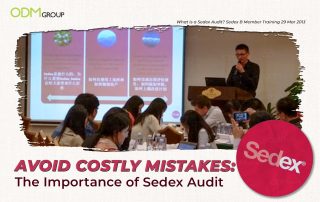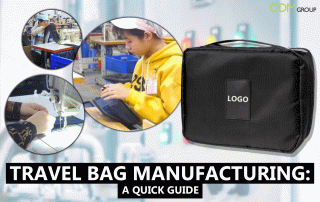Needless to say, people nowadays care about buying things that are made responsibly, and businesses are expected to do good for society and the environment; companies are getting more closely checked on how their supply chains affect these areas. To meet these higher standards, companies are using something called the Sedex Audit.
In this blog post, we will discuss the significance of the Sedex Audit and its role in today’s business landscape. We will delve into what the audit entails and talk about why it is indispensable for companies looking to showcase their commitment to ethical practices.
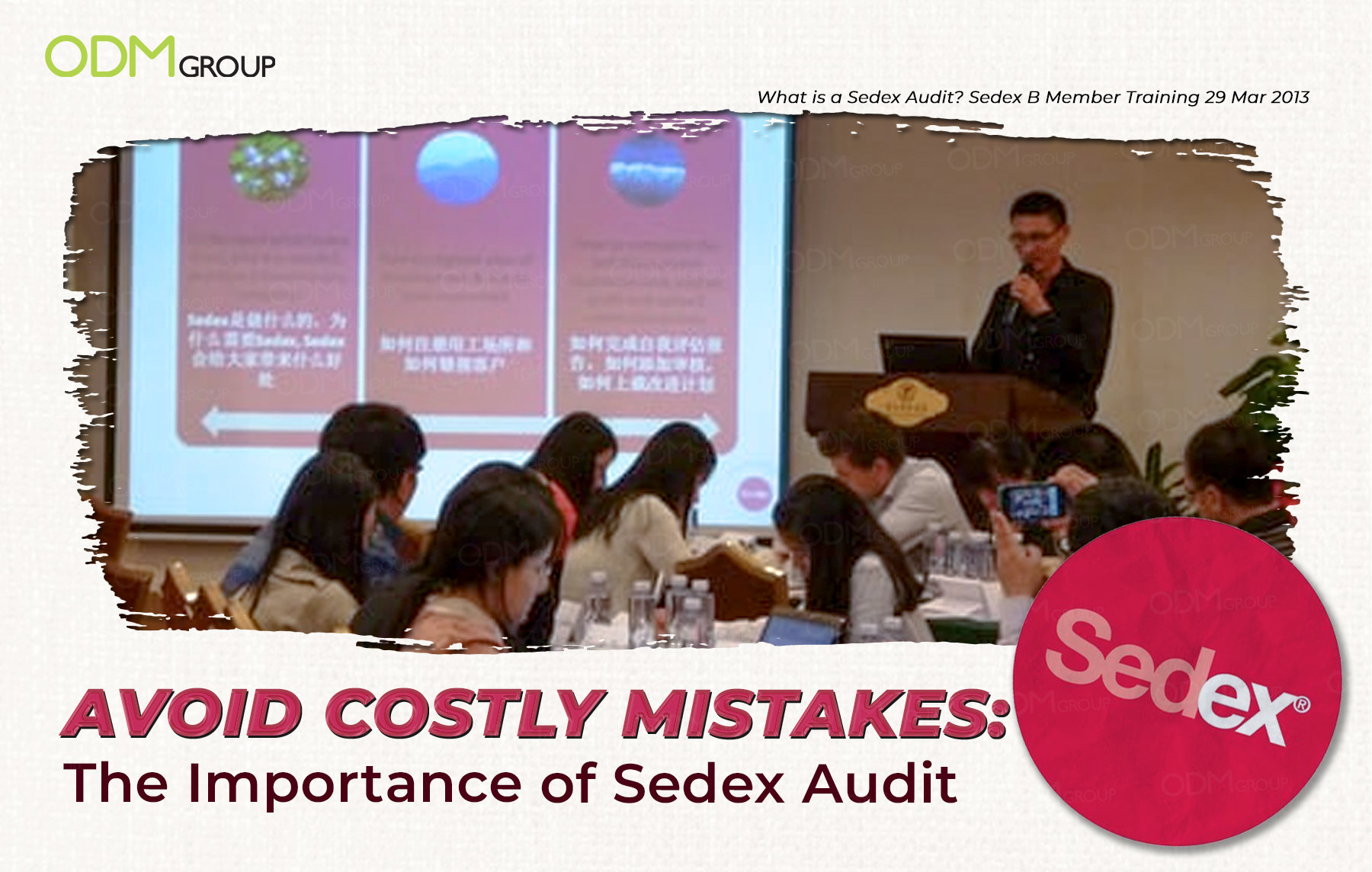
What is Sedex Audit?
Sedex, or the Supplier Ethical Data Exchange, is a membership organization that promotes responsible sourcing practices in global supply chains. Its audit provides a framework for companies to assess their ethical and social responsibility performance, leading to increased transparency and accountability.
The Sedex Audit process involves four pillars: Labor Standards, Health and Safety, Environmental Performance, and Business Ethics. Each of these pillars has a set of criteria that organizations must follow and report on to attain Sedex certification.
The Labor Standards pillar focuses on protecting workers’ rights, such as working hours, child labour, and forced labour, while the Health & Safety pillar focuses on workplaces’ safety and hygiene standards.
The Environmental Performance pillar involves minimizing the impact of business operations on the environment. Finally, the Business Ethics pillar safeguards against corruption, bribery, and other unethical conduct.
What is Sedex Audit?
Sedex audits hold profound significance for companies committed to ethical supply chain management. Understanding the importance and the wide array of benefits associated with Sedex audits is pivotal in appreciating their role in modern business practices.

Sedex audit holds profound significance for companies committed to ethical supply chain management. Understanding the importance and the wide array of benefits associated with it is pivotal in appreciating its role in modern business practices.
One of the key benefits of this audit is its ability to enhance transparency within supply chains. By scrutinizing suppliers’ practices, it sheds light on potential risks and issues, enabling companies to address them proactively. This transparency helps build trust among stakeholders and consumers alike.
Commitment to Sedex audit not only demonstrates a company’s dedication to ethical practices but also bolsters its reputation as a socially responsible entity. Organizations adhering to Sedex standards often attract like-minded partners and consumers, fostering a positive image and competitive advantage in the market.
Sedex audits play a crucial role in risk mitigation by identifying vulnerabilities within the supply chain. By pinpointing areas of non-compliance or potential risks, companies can take preemptive measures to mitigate these risks, safeguard against disruptions and preserve business continuity.
Sedex certification is not a one-time achievement but an ongoing commitment to responsible practices. By adopting the Sedex Audit process, organizations are encouraged to continually assess and improve their social and environmental performance.
This commitment to continuous improvement ensures that companies stay ahead of evolving best practices, remain relevant in a changing landscape, and meet the ever-increasing expectations of consumers and stakeholders.
4 Pillars of Sedex Audit
The Sedex Audit encompasses several key elements that form the foundation of the assessment process. These elements focus on different aspects of ethical and responsible sourcing practices.
1. Labour Standards
This element assesses the company’s commitment to fair and ethical labour practices. It examines compliance with relevant labour laws, working hours, wages, employment contracts, and the prevention of child labour and forced labour.
By evaluating these aspects, the Sedex Audit ensures that companies uphold fundamental human rights and provide safe and fair working conditions for their employees.
2. Health and Safety
This element evaluates the company’s efforts to maintain a safe and healthy working environment. It looks at workplace safety policies and procedures, risk assessments, accident and incident reporting, training programs, and the availability of Personal Protective Equipment (PPE).
The goal is to ensure that employees are protected from hazards and that appropriate measures are in place to prevent accidents and injuries.
3. Environmental Performance
This element focuses on the company’s environmental impact and commitment to sustainable practices. It examines areas such as energy efficiency, waste management, water usage, emissions, and the responsible sourcing of raw materials.
By addressing these aspects, the Sedex Audit promotes environmentally friendly practices and encourages organizations to reduce their ecological footprint.
4. Business Ethics
This element assesses the company’s adherence to ethical and transparent business practices. It looks at implementing anti-corruption measures, compliance with relevant laws and regulations, supplier relationships, and preventing bribery and fraud.
By evaluating these factors, the Sedex Audit promotes integrity, transparency, and ethical behaviour throughout the supply chain.
These custom caps, for instance, passed the Sedex Audit. This ensures that the products are of good quality and passed from Sedex standards.
The Sedex Audit Process
The Sedex audit process is a structured evaluation that encompasses various stages aimed at thoroughly assessing ethical compliance within a company’s supply chain. This comprehensive process involves several key steps:
1. Opening Meeting
The audit initiates with an opening meeting where the audit team, comprised of auditors and relevant company personnel, convene. The purpose is to outline the audit scope, objectives, and methodology. Additionally, this meeting offers an opportunity for both parties to address any initial queries or concerns.
2. Document Review, Factory Tour, Management Interview
Following the opening meeting, auditors meticulously review relevant documents, including policies, procedures, and records related to ethical standards and compliance.
Subsequently, they embark on a comprehensive factory tour to observe operations firsthand. Additionally, auditors interview management to gain insights into the company’s commitment to ethical practices and implementation.
3. Employee Interview
An integral aspect of the Sedex audit involves engaging with employees directly. Auditors interview workers to ascertain their awareness of and adherence to ethical standards, ensuring that the company’s practices align with the prescribed guidelines.
4. Pre-closing Meeting
Before concluding the audit, a pre-closing meeting is held. During this session, auditors provide a preliminary overview of their findings.
This allows the company representatives to address any potential misunderstandings or provide additional information that may impact the audit assessment.
5. Closing Meeting
The final stage involves a closing meeting where auditors present their comprehensive findings and observations to the company’s representatives.
This meeting offers an opportunity to clarify any remaining points of contention and discuss the steps required for compliance or improvement.
Challenges and Limitations of Sedex Audit
Despite its significance in promoting ethical supply chains, the Sedex audit process encounters several challenges and limitations that warrant consideration:
1. Complexity of Global Supply Chains
Navigating the intricacies of vast and globalized supply chains presents a significant challenge in conducting Sedex audits.
Companies often source materials or products from diverse regions with varying cultural norms and regulatory frameworks. Ensuring consistent compliance across such diverse landscapes poses a considerable challenge for auditors.
2. Cultural and Contextual Variations
Cultural differences and local contexts play a pivotal role in shaping workplace practices and norms. Assessing ethical compliance solely based on standardized criteria might overlook the contextual nuances that influence behaviours within different regions or communities.
Bridging this gap between universal standards and local contexts remains a challenge for Sedex audits.
3. Continuous Improvement and Adaptation
Maintaining relevance and effectiveness in an evolving business landscape requires Sedex audits to evolve continuously. Staying updated with emerging ethical concerns, industry best practices, and regulatory changes demands flexibility and adaptability from auditors and the auditing process.
Failure to adapt might lead to audits falling short in addressing emerging ethical challenges.
4. Resource Constraints
Implementing the necessary measures to comply with Sedex standards can be financially burdensome for smaller suppliers or companies with limited resources.
The costs associated with audits, implementing corrective actions, and meeting compliance standards might be barriers, particularly for those with constrained budgets.
5. Lack of Standardization and Consistency
The interpretation and application of Sedex audit standards may vary across different auditors or audit teams. This lack of standardization might result in inconsistent evaluations, impacting the reliability and comparability of audit findings, thereby undermining the credibility of the audit process.
ODM’s Sedex-Approved Products
The ODM Group proudly presents a selection of Sedex-approved products, meticulously crafted to meet ethical standards while offering functionality and style across various needs:
1. Keychain
Our Sedex-approved custom keychains are more than just accessories; they symbolise quality craftsmanship and ethical manufacturing practices.
Designed for durability and practicality, these keychains combine functionality with responsible sourcing and production assurance.
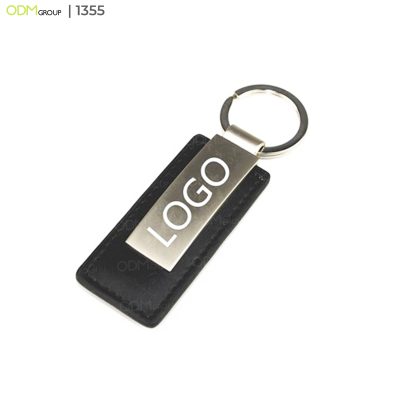
2. Bottle Opener
Our Sedex-approved bottle openers effortlessly combine form and function.
Crafted with precision, these bottle openers are not just tools but a testament to our commitment to ethical manufacturing, ensuring that every step of the production process adheres to stringent ethical standards.
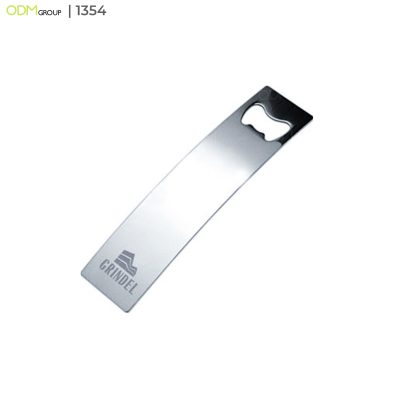
3. Silicone Ash Tray
The Sedex-certified silicone ashtrays in our collection are more than a convenient receptacle.
These branded ashtrays are a testament to our dedication to sustainable materials and ethical manufacturing processes.
They provide a practical solution while embodying our commitment to responsible sourcing.
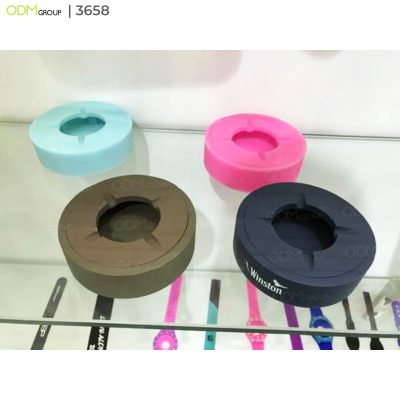
4. Pocket Mirror
Our Sedex-approved pocket mirrors are a blend of elegance and ethical excellence.
Designed for convenience and style, these mirrors reflect a clear image and our adherence to ethical production practices, ensuring responsible manufacturing from start to finish.
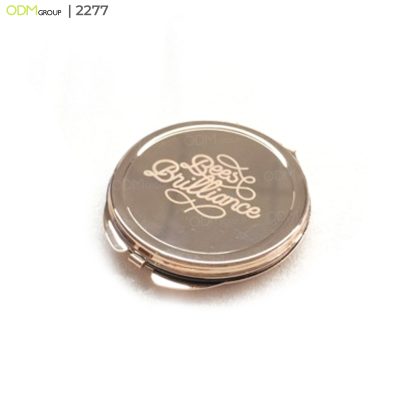
5. Tin Tray
The Sedex-approved tin trays and buckets in our collection showcase both functionality and ethical integrity. These trays are crafted with precision and care, embodying our commitment to ethical sourcing and manufacturing practices while providing a versatile and durable solution for various purposes.


Final Thoughts
Sedex audit is essential for organizations seeking to improve their supply chain practices. By embracing this audit and taking the necessary steps to address challenges, companies can create a positive impact, build trust with stakeholders, and drive positive change in the global business landscape.
Quality Control is closely linked with Sedex Audit, forming an integral part of the process. Understand QC’s importance within this process.
Types of Quality Control Tools
Types of Quality Control Tools Conducting Quality Control (QC) ensures the quality of the items companies provide to their recipients. […]

Quality Control Inspections in China: What You Should Know?
quality control in china, qc in china, promotional products qc, inventions and testing, quality problems in china, shanghai buying office

Voucher special offer on Quality Control : would you be fast enough?
Quality Control must be a critical item on any “To Do List” for companies exporting out of China. With the […]

What Can ODM Offer?
Factory audits play an important role in successful production. Such assessments are needed to identify challenges and solutions to existing problems within the supply chain sector. Here at ODM, we provide training on Sedex Audit Processes and QC & factory audits at Chinese factories as a core part of our service.
ODM also strongly feels that ethics is very important while doing business. Working with ethical factories is important to us. Not only does working with ethical factories allow us to be accountable to our customers, but it also allows us to be accountable to society at large.
This training was conducted by SMT Global, a private audit company licensed by Sedex, to provide training for new members.
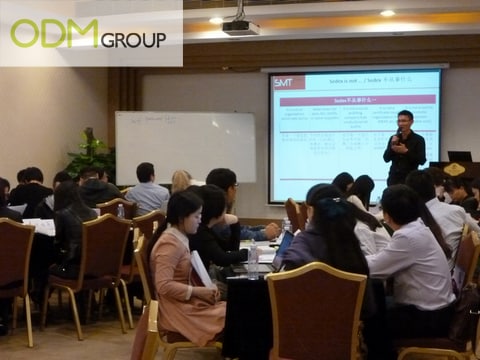
The ODM Group Services Offered:
Sedex Audit FAQs
All you need to know about Sedex Audit!
Why should my brand source for a factory with ethical standards?
Human and worker rights is an increasing concern for consumers, therefore it increases their confidence and trust in the brand. It also encourages better quality of products and encourages the use of sustainable materials. The products manufactured for the brand become more consistent when the factory can operate in an ethically established standard.
How do I determine if the factory complies with the ethical requirements of my brand?
The ODM Group conduct factory visits and quality checks at our factories during the manufacturing process to ensure that the production phase complies with the client’s request.
Who can benefit from Sedex Audit services?
Sedex guides auditors, buyers and also suppliers on how to practice ethical auditing. In general, it is an auditing methodology that is useful for everyone that participates in a supply-chain environment.


